With protests against the Israel-Hamas war breaking out on campuses around the country including UVM and tensions rising between the communities affected, the idea of a Palestinian speaker at a High School field trip to a Synagogue is controversial. Hearst and the 9th grade English team made this happen.
“I don’t think anywhere else in America ninth graders are getting to hear multiple Muslim speakers or people from lots of different communities in a synagogue as part of their school day,” English teacher Jory Hearst said.
This year Bashir Abdallah, a parent in the district spoke about his father’s emigration out of Palestine, and on the second day spoke about the conflict more directly as well. It was right after the recent bombing of the World Central Kitchen aid workers in Gaza.
“A lot of students commented [that] It was really powerful to hear from a speaker and not from the news. But [Abdallah] said, basically, you know, Israeli forces killed a number of aid workers [and you should] know that it was an American bomb. It might have been Israeli forces, but it would have been an American bomb,” Hearst said.
Abdallah greatly stressed the importance of recognition for the Palestinian lives lost and the overarching violence and destruction in the Middle East right now. The politics of a Palestinian speaker in a synagogue don’t matter to him – his bigger purpose was to tell his story and to connect with young people about what’s really going on, he said.
“You can’t listen to the adults in the room anymore. Like I told you, if our own elected officials cannot see right from wrong, we need to trust the younger generation who is more empathetic and sympathetic to the realities of what’s happening in this world,” Abdallah added.
Echoing this sentiment, Hearst said that students in her class have become increasingly concerned about the issue. In fact, the motivation for this decision came from student questions. Because English nine classes are covering Jewish history right now, the Israel-Hamas war has come up as a by-product of that. Hearst said it felt “tone deaf” to not respond to that, and the Lost Mural was open and welcoming to having a Palestinian speaker, so they went for it.
Abdallah met Hearst through a community meeting run by Tom Flanagan, meant to open conversations on the best way to teach kids about this conflict. Living in Palestine as a child and having a dad hailing from Jerusalem, Abdallah is very invested in the conflict and has expressed his gratitude for the opportunity to connect with young people about his father’s story. He wasn’t sure that everyone there agreed with the sentiment of what he shared, however he felt the experience was overall very positive.
“The teachers that were there were so wonderful. The members of the synagogue are really kind,” Abdallah said. “And of course, the kids, I mean, it was really awesome to be able to spend time with them and talk to them and share my family’s experience.”
For his story of resistance, Abdallah told his father’s immigration story. Hearst said he talked about his father’s village, where his dad was born in 1947 just outside of Jerusalem. The village is now a town within Israel. He took the audience through his dad’s journey as a refugee and ultimately why he is a symbol of resistance for Abdallah.
The field trip’s focus is to visit Ohavi Zedek and hear from various speakers about different forms of resistance due to cultural erasure. The Lost Mural Project is focused on education and preservation of the “Lost Mural” which is a 20th century piece of Jewish art, housed at Ohavi Zedek Synagogue. The trip happens post reading about and studying the Holocaust and different worldwide genocides in class.
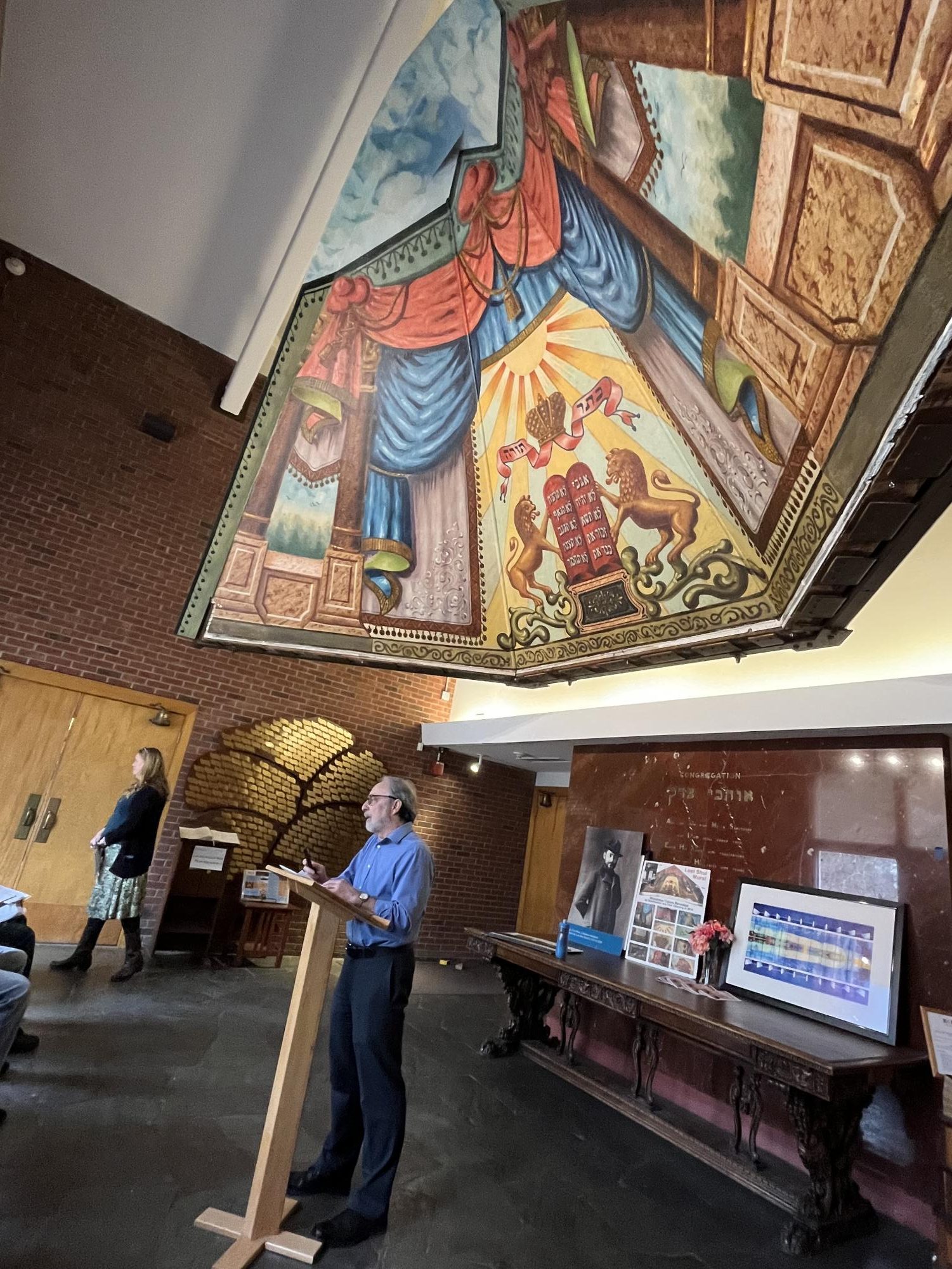
Aaron Goldberg, the president of the Lost Mural project, cited education as a driving factor of both the trip and speaker choices. He said that part of the mission of the Lost Mural is to educate the public and that he thought the trip went well.
“I think it’s richer with the other speakers and I think it’s a very effective way to highlight issues of cultural erasure and how people use art as a means of promoting their cultural, artistic and historic heritage,” Goldberg said.
He also expressed gratitude for the chance to promote community and hospitality and connect with young people.
“I think there is an effort to demonize Jews,” Goldberg said. “And I think any effort that is made to humanize Jewish people and to humanize our Jewish immigrant experience, to welcome people within our synagogues walls… to dispel the notions of foreignness is a really good thing.”
As for student opinions, all parties said the reflections were positive. Hearst admitted she was worried at first because the massacres beginning on October 7 changed the political climate, and she acknowledged there may be Muslim students who weren’t comfortable being in a synagogue because of feelings towards Israel. However, she thought people had positive attitudes towards the trip and she appreciated how Abdallah presented, as did Goldberg.
“I’m hoping that people will take from the experience that it is a safe space, and that it shows that at the Last Mural Project and Ohavi Zedek are committed to holding it as a safe space for people with differing views and to continue to foster respectful conversations on all issues,” Goldberg said.
Goldberg said that he has hope for the future, and believes that other people should try to as well.
“With everything that is going on today in the world I think it’s really important for people to understand that there is still reason to be hopeful and there is still reason to dialogue,” he said. “There is a reason to come together in community spaces.”
“His message was about being connected to everyone,” Hearst said. “I could tell he really didn’t want to isolate students. He wasn’t trying to polarize people at all. His message was really about resistance, and the story of his father.”




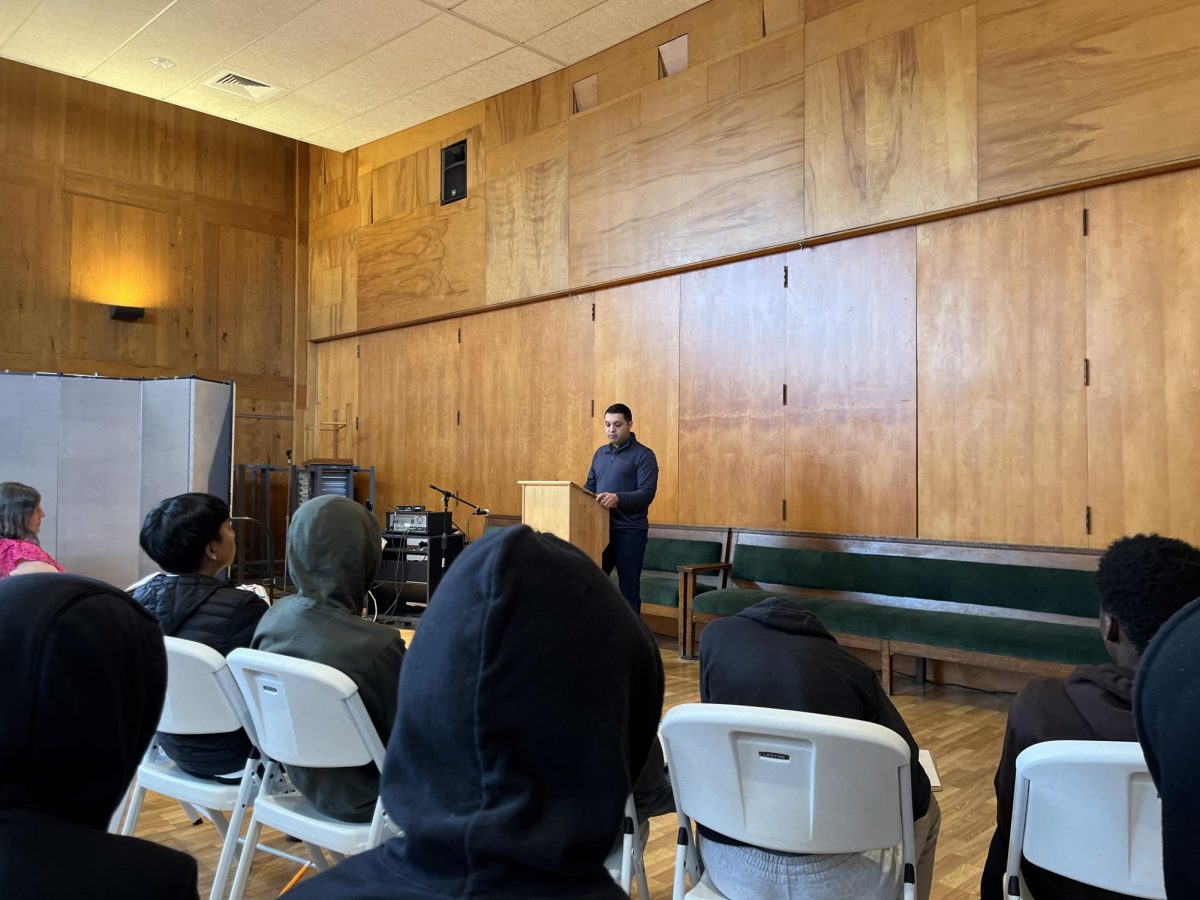
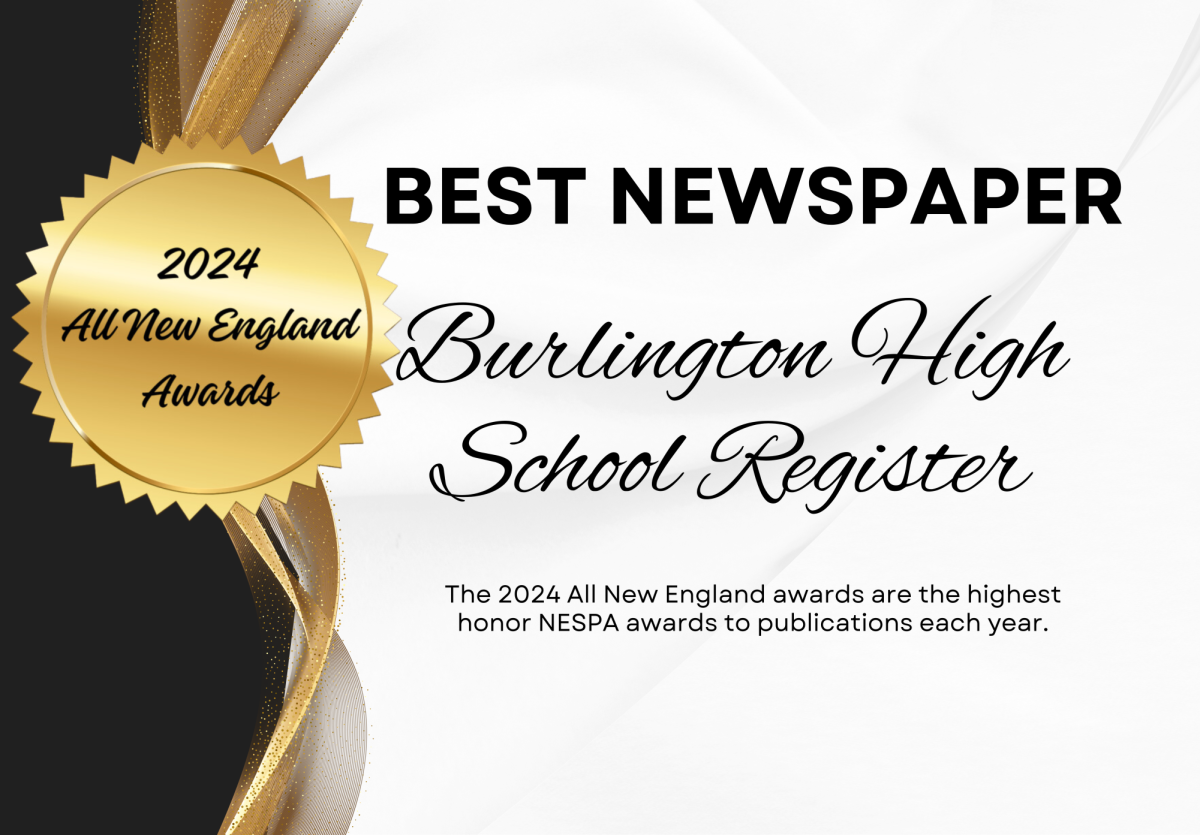

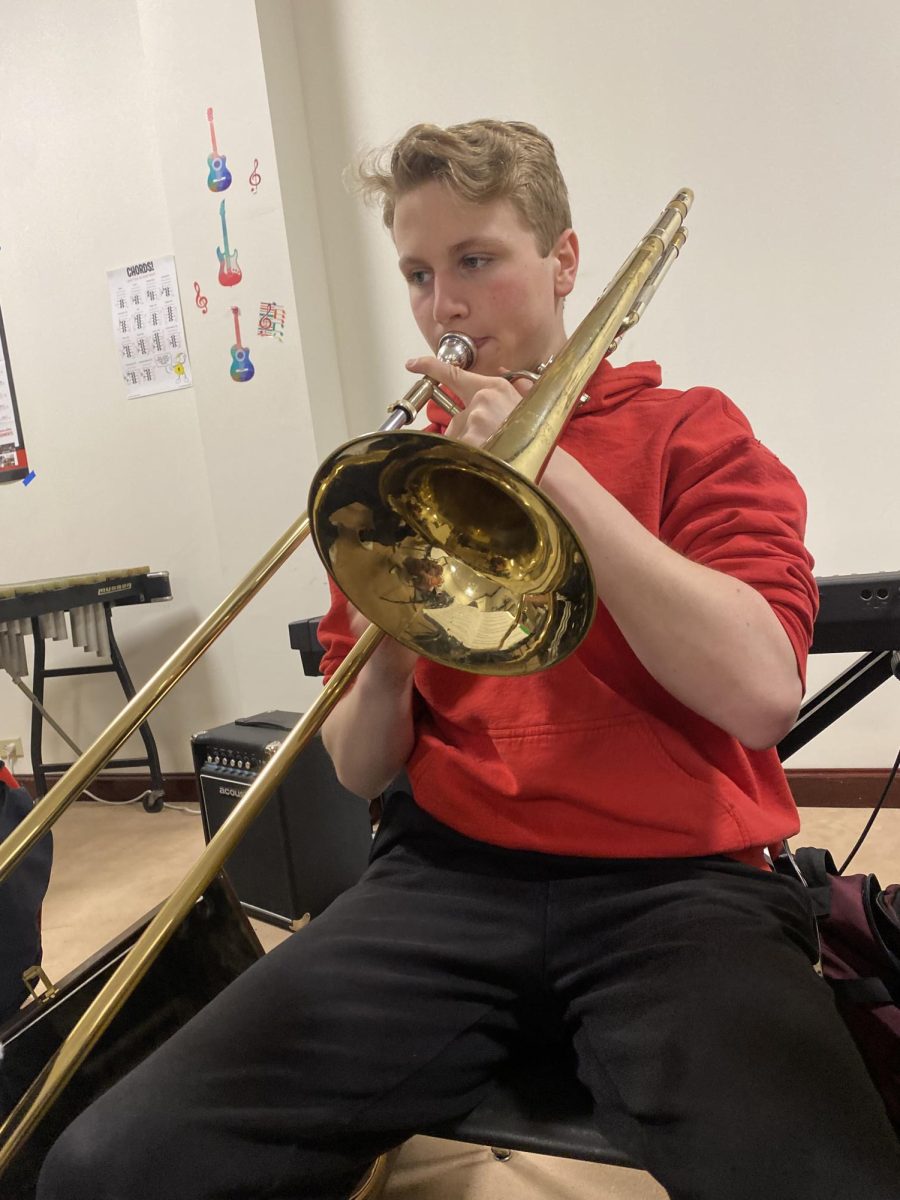
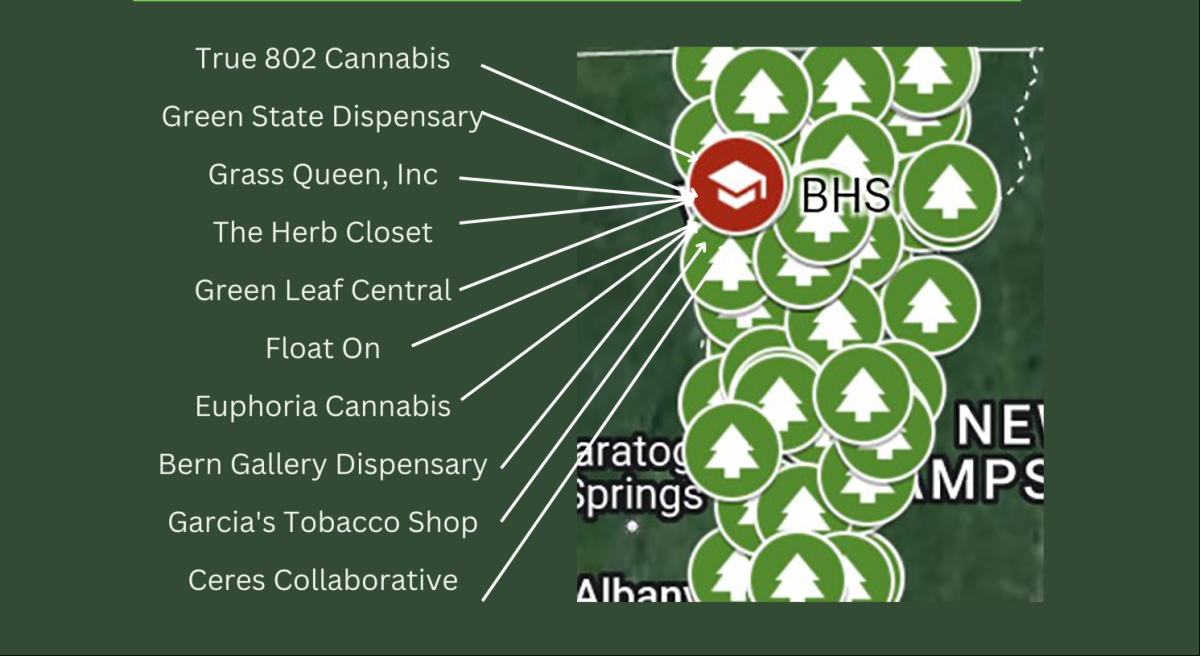

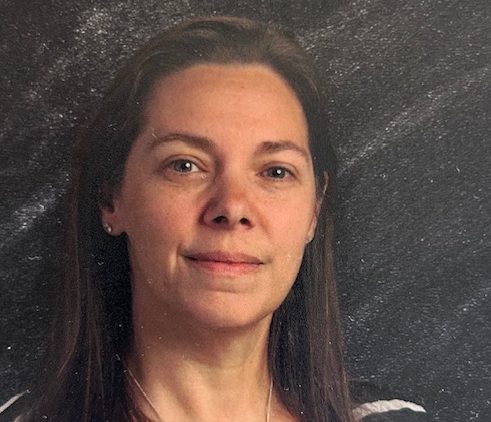
Jessie Tornabe • Jun 9, 2024 at 11:43 am
love this article!